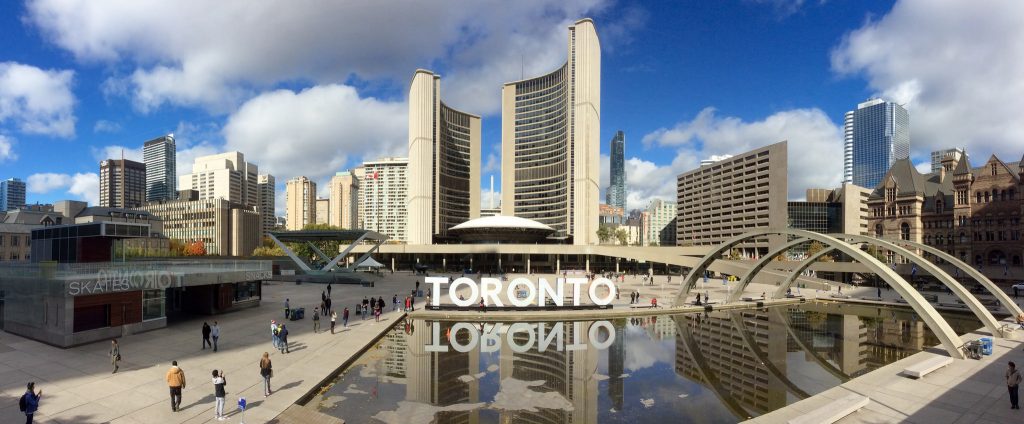 The City of Toronto has released its new Economic Development and Culture Divisional Strategy. The report establishes the Division’s priorities over the next five years (2018-2022), and provides the framework that will be used to guide the development of the Divisional programs and services.
The City of Toronto has released its new Economic Development and Culture Divisional Strategy. The report establishes the Division’s priorities over the next five years (2018-2022), and provides the framework that will be used to guide the development of the Divisional programs and services.
The development of the Strategy included robust consultation with over 400 city residents and industry partners, a process that Music Canada was an active participant in. The feedback received provided insight into the importance of supporting the culture sector, and its key role in supporting the growth of a vibrant economy and business community.
Some of the key objectives the strategy aims to accomplish was to “encourage Toronto’s cultural vibrancy through more and enhanced cultural experiences,” as well as to further “engage partners in the planning and development of the City’s economic and cultural resources.”
The Economic Development and Culture (EDC) Divisional Strategy includes several strategic goals and actions, with a focus on improving four key areas:
- Equity and Inclusion
- Talent and Innovation
- Space and Access
- Operational Excellence
Some of the strategy’s areas of interest are highlighted below:
Improving affordability and access to arts and culture spaces
One of the key goals that is outlined in the strategy is working to “improve access and affordability of space for business and culture.” Some of the proposed actions to address this include: leveraging incentives and grants to support access to these spaces, advocating for the establishment of affordable, sustainable spaces for business and culture, and working to support opportunities for multi-tenant, shared spaces and hubs.
As was highlighted in our Mastering of a Music City report, access to affordable arts and culture facilities (spaces and places) is vital to the health of vibrant Music Cities. Rapidly rising rents and property taxes has significantly impacted the ability of live venues, rehearsal spaces, and arts hubs to continue operating, threatening the livelihoods of the artists who require access to them. The City has taken steps to help protect and support cultural facilities, with the most recent action being the creation of a new tax subclass to support arts/culture hubs and properties.
Another positive step to note was the recent decision of the Economic Development Committee to pass a number of Toronto Music Advisory Council (TMAC) recommendations aimed at providing better support for live music in the city. Of particular interest is the recommendation to create tax benefits for local live music venues, a policy action that would help achieve the key priority of venue sustainability.
Enhancing opportunities for artists and creators to access public spaces
Another key goal included in the EDC Strategy was increasing access to City-owned space, through: improving opportunities for community use of EDC-managed facilities, and working with City divisions to explore the feasibility of making other City-owned spaces available for use. Providing opportunities for local musicians to perform in public spaces within their own city is one of the ways a municipality can help to grow and support its vibrant music ecosystem.
Outstanding examples of these types and events and programming include City Hall Live and the YYZ Live performance series, a musical celebration that featured 150 performances from 75 local artists at Pearson International Airport.
The EDC Division’s previous two strategies – released in 2011 and 2013 – helped contribute the development of a Toronto Music Strategy, as well as the establishment of Music and Film Sector Development Teams.
It is encouraging to note that the new strategy further solidifies the City’s commitment to supporting the culture sector, recognizing the tremendous cultural and economic impact of the arts.
 On Monday, November 13,
On Monday, November 13, 

Music Canada